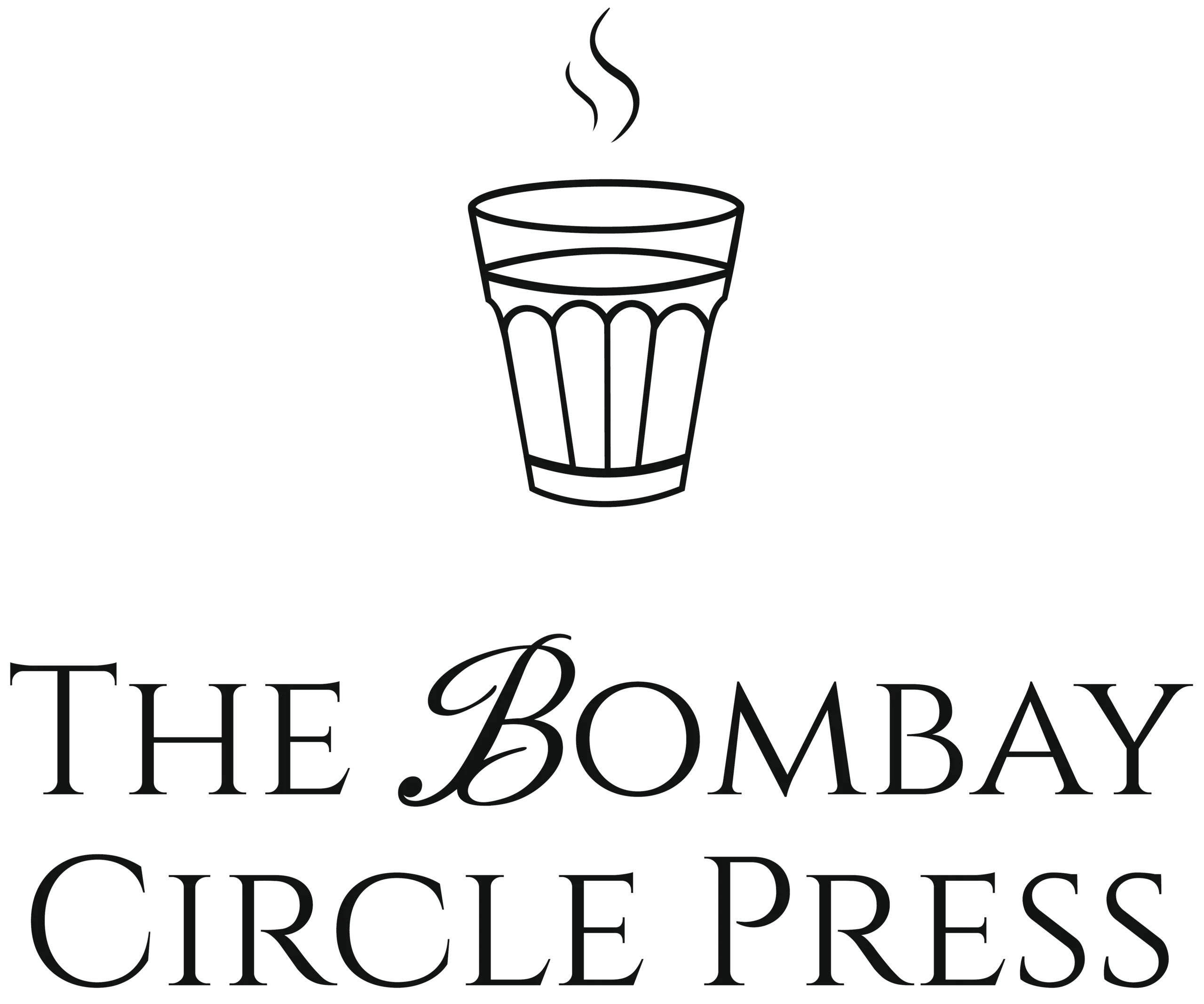We are living in the 21st century and the amount of literature that is being written is at an all-time high. But there are a few overused and outdated book tropes that the authors need to say au revoir to along with the 2024 year. From archetypal female leads to the romanticisation of abusive relationships in young adult books, there have been a lot of pieces featuring similar stories and characters and honestly, variety is the spice of literature. Let us take a look at the washed-out tropes in today’s novels and books, so we know what to pick up for our next read and what to leave behind!
1. Love at first sight
This trope has been surviving since time immemorial and although we don’t know the statistics, we are pretty sure it has been used by authors at least a thousand times. Also, people very conveniently forget that literature with this trope such as in Shakespeare’s Romeo and Juliet, the protagonists were mere teenagers when they decided to kill themselves in the agony of never meeting their lovers again.
There are a hundred movies out there with characters who boldly claim that they would rock the heavens for their lovers. Love in modern life is messy, chaotic with its heartwarming moments spilt everywhere. This unrealistic trope often feels superficial even where there is a sweet moment because it raises the question of the authenticity of the connection that is put forth from the get go.
2. Forced Miscommunication
Okay, hear us out. Miscommunications happen all day, everyday in the literary world. But when a character is forcefully placed out of context or desperately made to avoid a certain situation that seems out of character, just so two characters won’t be able to meet, that is absolutely frustrating to read. A plot twist injected randomly in the storyline just to displace the existing plot leaves the reader confused and dissatisfied. When the survival of the plot solely depends on miscommunication, you know that the writing is poor.
3. Romanticisation of abusive/toxic relationships in YA novels
When the target audience of the author is impressionable young adults, it becomes necessary to take a step back to view the text objectively and see how it can impact them.
Romanticisation of emotionally and physically abusive relationships over TikTok and Instagram has been gaining quite some momentum (we may or may not be specifically talking about Colleen Hoover). It can lead readers into thinking that such unruly behaviour is acceptable in real-life relationships. It can create unhealthy patterns in their personal lives. Such stories often predict a happy ending for the couple involved which completely overshadows the fact that there were some serious concerns that needed to be addressed in the first place. This normalisation of manipulative behaviours can dangerously affect the impressionable demographic. Yes abusive relationships exist all around us, but that doesn’t mean that is all we deserve. It has become a mere marketing strategy to use the influence of Booktok for personal gains by writing explicit scenes that turn away the focus from underlying issues.
4. Manic pixie dream girls
These “perfect” female characters are often the projection of the male protagonists’ fantasies. They are labelled as “not like the other girls” which catches the eye of the male leads. They are purely the object of fancy for the protagonist and barely have a role to play in the development of the plot. Let’s be honest, these characters are made quirky enough to be considered interesting (listening to indie artists, coloured hair etc.) and nerdy enough to be considered smart and intelligent (reading literary classics, getting amazing grades etc.). They are always shown with great potential and that potential is rarely ever explored justifiably.
The books of recent times have been lacking creativity and don’t often give you the satisfaction of reading a good book. But don’t you worry, The Bombay Circle Press has got you covered with its personal book recommendations. You pick a genre, and we’ll curate a list for you! Happy reading!


